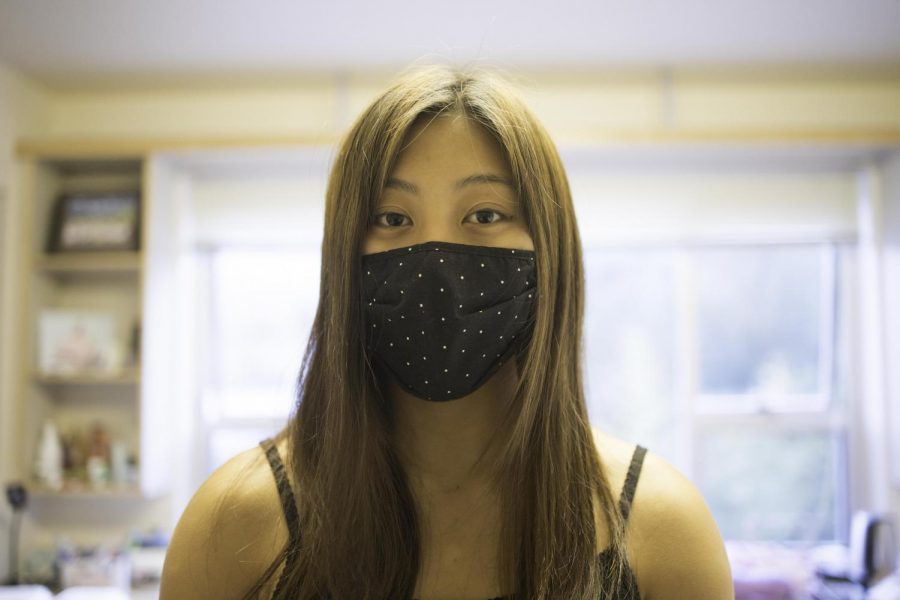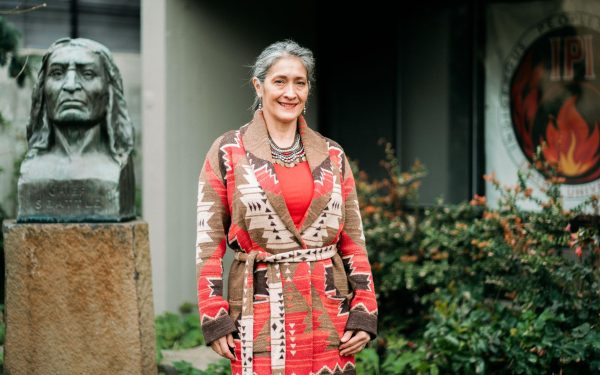Seattle Activists Push for End of the U.S. Funding Mass Killings in the Philippines
A bill seeking to end the human rights violations in the Philippines has gained traction recently with its introduction to Congress by Rep. Susan Wild (D-PA) Sept. 23, 2020. The Philippine Human Rights Act (PHRA) would condition U.S. military aid to the Philippines to end the rampant human rights violations occurring within the country.
Nearly 30,000 Filipinos have been murdered by Duterte’s regime in extrajudicial killings since his election in 2016. Despite this, the U.S. continues to fund Duterte’s regime through extensive military aid. Currently, an alliance of three organizations is working to pass the PHRA including Malaya, International Coalition for Human Rights in the Philippines (ICHRP) and Kabataan Alliance.
AM, a Seattle University alumni a part of the Malaya (Filipino for “free”) movement to push for the passing of the PHRA, shared her perspective on how America has funded these killings.
“He [Duterte] has [been] provided $550 million in Philippine military aid [from the U.S.]… and $2 billion in weapon arms deals allowing for the murder of these civilians,” AM said.
The Malaya movement calls on their website for the Philippine government to stop the killing, abolish martial law, prevent another fascist dictatorship from taking power, end political corruption, stand for democracy and defend Philippine sovereignty, all culminating in the support of the PHRA resolution.
Duterte’s administration has also passed an anti-terror act which has allowed his administration to target activists, dissenters and human rights defenders under the guise of anti-terrorism. This law has resulted in the targeting of Filipino human rights activists in America, the Philippines and other countries against Duterte through a process known as “red-tagging.”
Michael Alcantara, another Seattle U alumni a part of ICHRP, an alliance for PHRA, expressed great concern about how the law has been used to silence criticism of the government abroad.
“There are even organizers in this city who have been red-tagged and called terrorists when they are just representing the organizations on the ground and human rights defenders… anyone who speaks against the government now has been red-tagged as a communist or a terrorist,” Alcantara said. “[The bill] allows for the [government] to basically classify activism as terrorism because it really broadens the language around what classifies as terrorism.”
These policies stifle dissent through intimidation, encouraging violence against those deemed to be a threat to Duterte’s regime.
Jada Mendoza, a fourth-year international studies and French student and member of the United Filipino Club (UFC) on campus, commented on the effectiveness of the previous aid cuts in 2007 in preventing human rights violations.
“There was a huge decrease in human rights violations in the country,” Mendoza said. “We are trying to get that to happen again because the killings have to stop.”
Based on the effects of previous aid cuts, the PHRA, if passed, has the potential to save thousands of lives.
Mendoza mentioned multiple ways in which Seattle U students can get involved in advocating for the passing of the PHRA.
“Calling your representatives to push for the PHRA to be passed… If you are part of an organization, reach out to your organization and see if they are interested in endorsing as an organization for the PHRA. These are two concrete steps right now that folks on campus can take to support this bill,” Mendoza said.
Despite the universality of this bill, politicians have been hesitant to endorse it. Major companies such as Boeing—one of the top three employers of Seattle—rely on military sales for a large portion of their revenue. However, representatives like Pramila Jayapal (D-WA), have endorsed the bill so students can also get involved by writing or calling on their representatives and senators to aid in getting the bill passed.
PHRA activists expressed the need for involvement and education on an individual and societal level in order to spread awareness of the PRHA. While efforts to get this bill passed on a national level is in the works, the Seattle U community can also get directly involved with the Pacific Northwest branches of Malaya, ICHRP and Kabataan Alliance.











